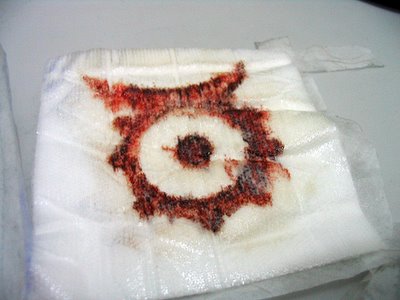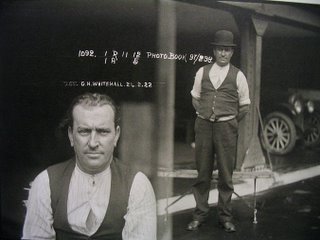The Third Draft Begins
By the time I get to my tenth novel, the beginning of the third draft will probably be just another day at work. Until then, it feels like something momentous, an occasion worthy of marking.
The manuscript was hidden in the corner of my room for the better part of a month. I contented myself with trudging through a short story I've been working on for a while, as well as playing around with possible back cover blurbs.
Over the last week, I thought a lot about the next steps to take.
I strongly felt the need for external input and it was important that the input be from a voice of experience. I really wasn't sure where that voice would come from, but I was lucky enough to have the talented and multi-published author, Steven Torres of Precinct Puerto Rico fame, look over a few chapters of my work.
He tore it to shreds.
Okay, that's being dramatic. But I definitely had a sense of the need to bring my work up to the next level, and this was just the push I needed. It felt good to be looking at the earlier chapters again, reading them out loud to get the flow right, removing as many uses of the word 'I' as ... I can, tweaking, trimming, and killing.
Debut Dagger, here I come.








